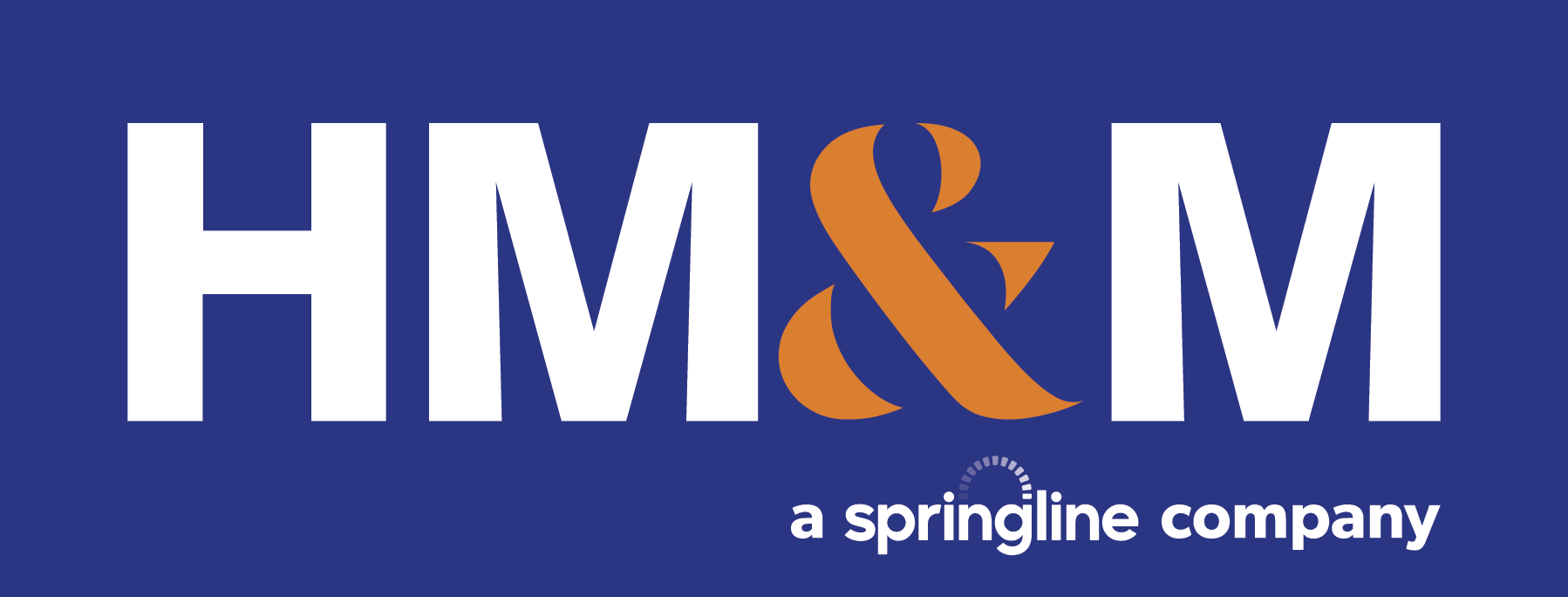To manage their finances and accurately file their taxes, most small business owners must choose between two accounting methods: cash or accrual. This choice directly affects how and when you report income and expenses, and it can significantly impact your tax liability and cash flow. Here are answers to a few frequently asked questions about both methods and how to make this critical decision.
What’s the difference?
Cash accounting is the simpler method to use. It records income when cash is received and expenses when they’re paid. So, if you send an invoice in December and accept payment in January, you report the income in January.
A strategic advantage of using cash accounting is that you have greater control over the timing of income and deductions. You can delay income for the following year by delaying invoices or pull deductions into the current year by accelerating expense payments. This also allows you to manage cash flow better when you expect a substantial expense.
In contrast, accrual accounting records income when earned and expenses when incurred, regardless of when the cash changes hands. Using the same example, income from a December invoice is reported in December, even if payment doesn’t arrive until the following year. That limits your flexibility regarding when you must recognize income or expenses for income tax purposes.
On the other hand, if your company’s accrued income tends to be less than your accrued expenses, your tax liability may be lower than it would be if you used the cash method. Using the accrual method, you may also be able to defer taxes on certain advance payments.
Can anyone use the cash method?
The Tax Cuts and Jobs Act made the cash method more accessible than it was in the past and simplified the associated requirements.
In 2025, for the purpose of choosing an accounting method, a “small business” is defined as one with average annual gross receipts of $31 million or less over the prior three years. This higher threshold allows more companies to use the simpler cash method and enjoy other associated benefits, such as:
- Easier inventory accounting,
- Exemption from the uniform capitalization rules, and
- Exemption from the business interest deduction limitation.
Some businesses are eligible for cash accounting even if their gross receipts exceed the threshold. This includes S corporations, partnerships without any C-corporation partners, farming operations and certain personal service corporations. Tax shelters are ineligible for the cash method, regardless of size.
Should we switch methods?
If you’re thinking about switching accounting methods, consider factors such as:
- Administrative burden, if your small business prepares its financial statements following Generally Accepted Accounting Principles, you’re required to use accrual accounting for those statements. You can still use cash accounting for tax purposes, but you’ll have to keep two sets of books, which can be burdensome.
- IRS approval, changing your accounting method typically requires filing Form 3115, “Application for Change in Accounting Method,” and getting IRS consent. This process can be complex, so consult a tax advisor to weigh the potential benefits against the effort involved.
- Timing, a switch might make sense if your company is growing or downsizing, or your expense and revenue patterns undergo significant changes. Regularly evaluating your business’s direction can help you stay ahead of tax liabilities.
Before deciding what to do, step back and look at the bigger picture. Weighing the administrative burden, compliance requirements and timing considerations can help you determine whether a change would truly be beneficial.
Before deciding what to do, step back and look at the bigger picture. Weighing the administrative burden, compliance requirements and timing considerations can help you determine whether a change would truly be beneficial.
Powerful opportunity
- As a small business owner, you have a powerful opportunity to manage your tax liability and avoid some administrative headaches, simply by choosing the right accounting method.
- But there’s no one-size-fits-all answer. The best approach is the one that aligns with your company’s financial patterns and strategic goals. Before making any changes, consult a qualified tax advisor to assess the best fit for your unique situation.
Latest News
On June 9, the IRS released Announcement 2022-13, which modifies Notice 2022-3, by revising the optional standard mileage ...
At the tail end of 2021, the Internal Revenue Service (IRS) released new Schedules K-2 and K-3 effective ...
This information is current as of Sunday, November 21, 2021. On Friday, November 19, 2021, after the Congressional ...
HM&M Updates
Dallas, TX – Aug. 7, 2024 – HM&M, a Springline company (HM&M), a leading CPA firm with four ...
DALLAS, Dec. 11, 2024 – Springline Advisory, a trailblazing financial and business advisory firm, is proud to announce its partnership ...
Last month, Senior Manager, Pearl Balsara was invited to speak at the 2023 FPA DFW Annual Conference in ...










